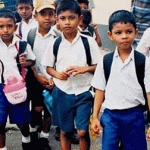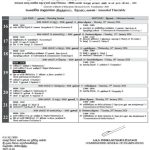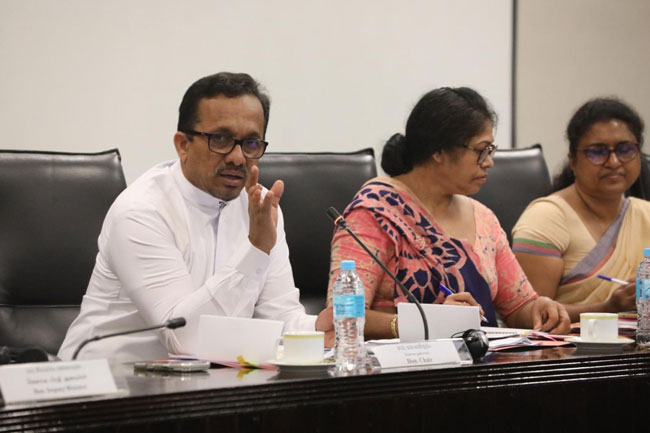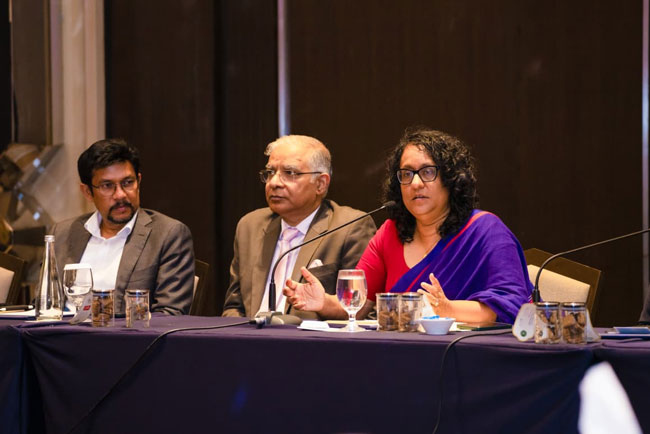Sri Lanka has become one of South Asia’s most AI-exposed economies, showing rapid growth in artificial intelligence–related employment but also facing mounting challenges from automation, according to the World Bank’s South Asia Development Update: Jobs, AI, and Trade (October 2025).
In its latest chapter, “Artificial Intelligence, Real Impact: Labor Market Implications of AI Adoption in South Asia,” the report identifies Sri Lanka and Bhutan as the region’s most AI-exposed countries, a reflection of their comparatively skilled and educated workforces. By contrast, Nepal records the lowest AI exposure.
However, the World Bank cautions that Sri Lanka ranks lowest in “AI–human complementarity,” suggesting a higher potential for job displacement if technology adoption outpaces reskilling. “Within South Asia, India ranks highest in the share of exposed jobs that are complementary, while Sri Lanka ranks lowest,” the report notes. Overall, about 15 percent of jobs in South Asia — representing 28 percent of total labor earnings — are highly complementary and stand to gain the most from AI adoption.
Sri Lanka Among Top ChatGPT Users in the Region
The report also tracks generative AI usage, revealing that Sri Lanka ranks second in South Asia — behind the Maldives but ahead of India, Bhutan, Bangladesh, and Nepal — in ChatGPT users per capita, underscoring the country’s growing engagement with AI tools.
AI Job Market Expands Rapidly
AI-related employment in Sri Lanka is growing faster than anywhere else in the region. In 2025, 7.3 percent of all white-collar job postings in the country required AI-related skills, surpassing India’s 5.8 percent. These positions are largely concentrated in ICT services, professional sectors, and urban centers. Jobs demanding AI expertise offer an average wage premium of nearly 30 percent over other white-collar roles, the report adds.
Automation Risks and Inequality Concerns
While AI is expected to boost productivity across sectors such as finance, ICT, and professional services, the World Bank warns that mid-skilled and entry-level positions — including call center agents, proofreaders, and software developers — face growing automation risks. About 7 percent of jobs in the region are considered highly exposed with low complementarity, putting them at greater risk of displacement.
Policy Priorities for Inclusive Growth
To harness AI for inclusive economic growth, the World Bank urges South Asian governments to invest in education, infrastructure, and workforce adaptation. The report calls for stronger digital foundations — including reliable electricity, fast internet, and expanded access to STEM education and digital literacy — as well as reforms to improve labor mobility and retain high-skilled talent.
Positioned as one of South Asia’s most AI-engaged economies, Sri Lanka now stands at a pivotal moment. With its skilled workforce and established ICT base, the nation could achieve significant productivity gains through AI — but without timely policy intervention, the same technologies could deepen inequality and displace thousands of moderately skilled workers.











